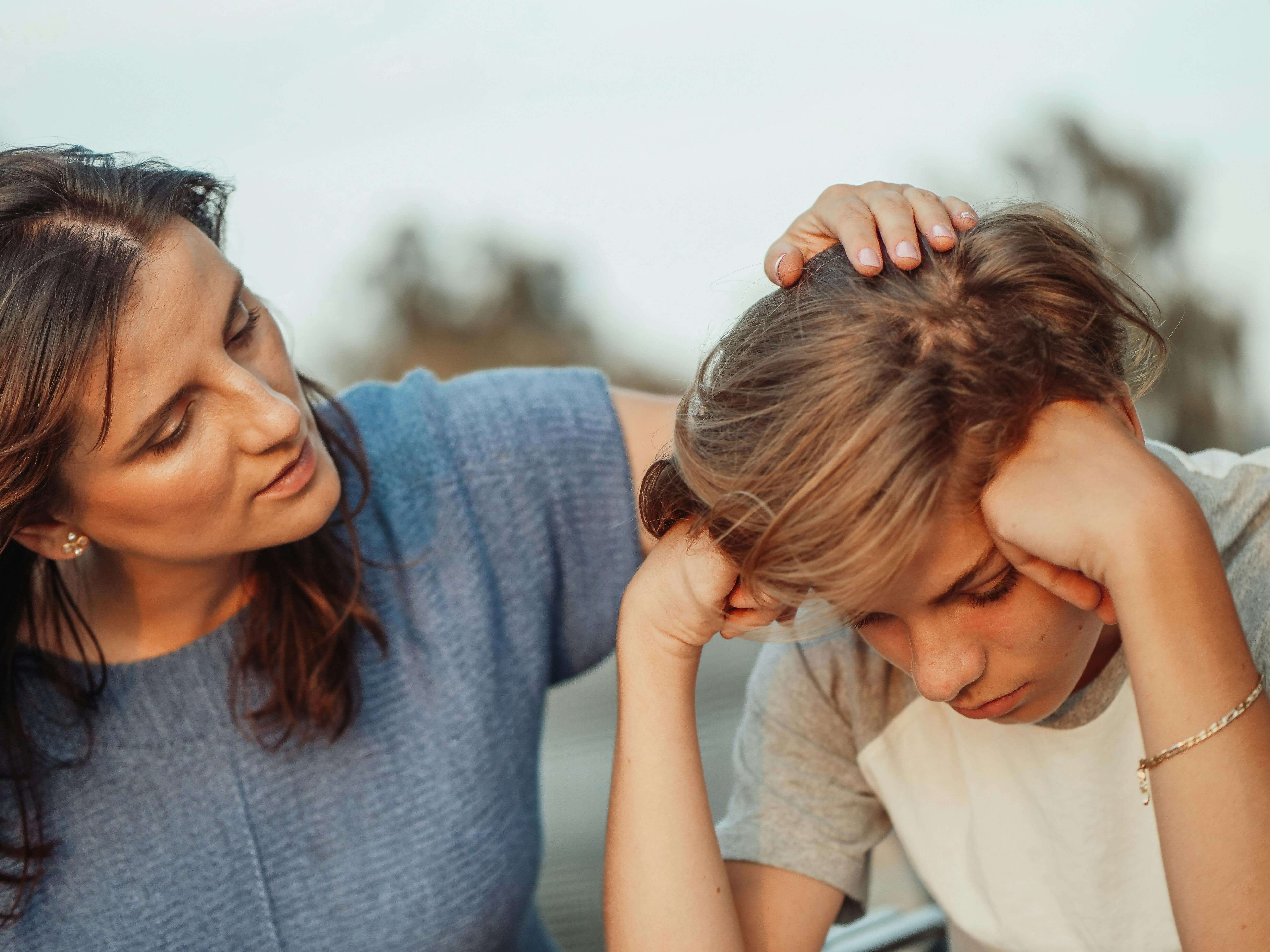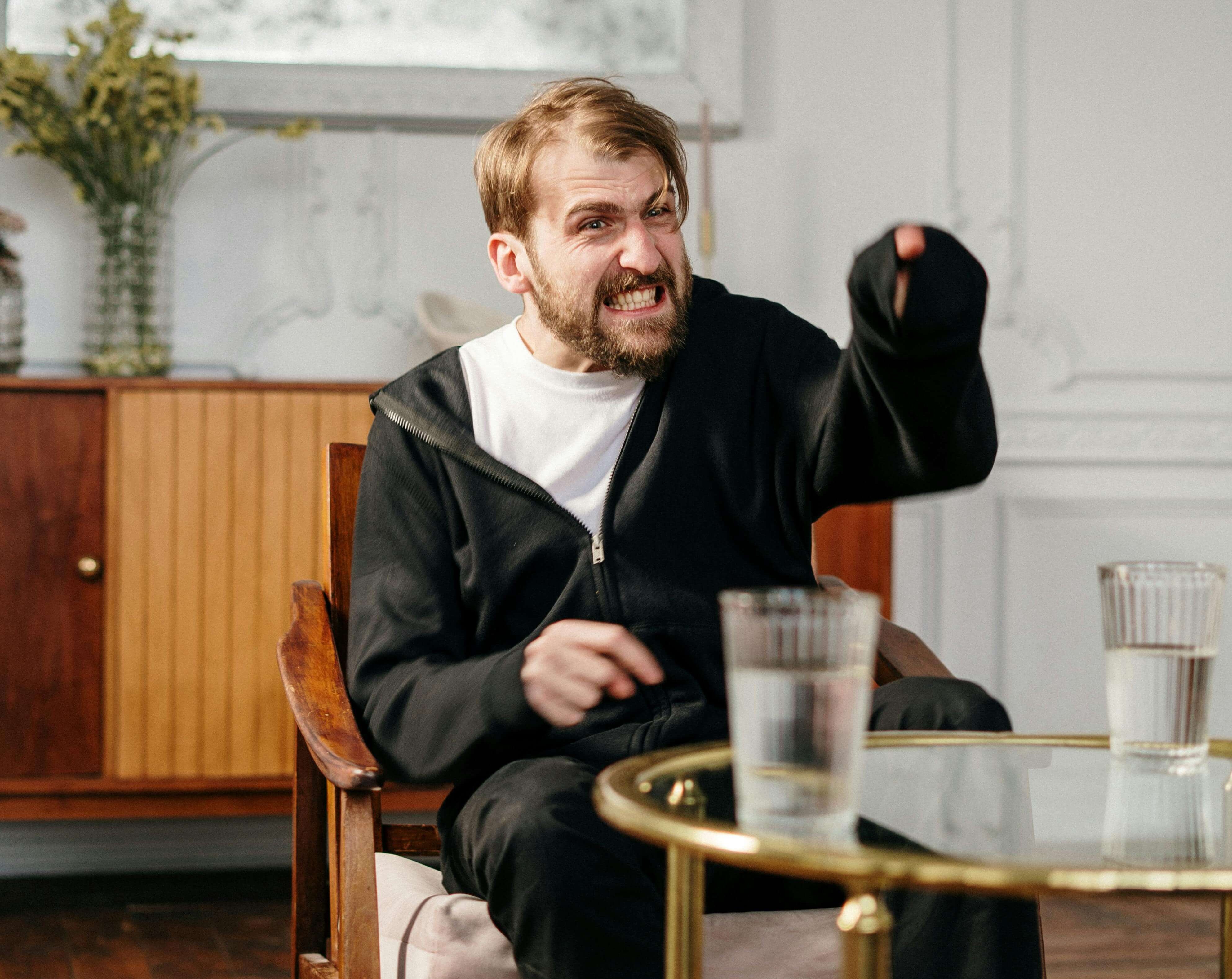Your cart is currently empty!

Why talking about death is so hard? A decade later, I’m still grieving.
Sharing is caring! 0 shares Share Tweet Pin Death seems to be an inevitable part of my life. And, I am still struggling with the concept of loss and death. “Do you know Mommy, Alan’s Mom is dead for real?” asked my daughter. I wonder how easy it was for her talk about it. It…
Death seems to be an inevitable part of my life. And, I am still struggling with the concept of loss and death. “Do you know Mommy, Alan’s Mom is dead for real?” asked my daughter. I wonder how easy it was for her talk about it. It will be a decade for my mother to die from cancer. And I still shy from the sub-conscious grief within me. I still couldn’t smell my mother’s dress, or even look at her picture. I am scared. I am afraid that it will revive all the memories, memories of her being in pain, of her being in hospital and the painful joy when she came back from the hospital. She died a month later. And, I couldn’t be with her. It is the regret that lives with me. Somehow I had this belief that had I been there with my mother, she wouldn’t have died. A sense of super hero feeling existed within me that she will be alive, no matter what (she had terminal cancer). But she didn’t.
I haven’t spoken to my children about her yet, though they are five and three years old. May be they are little to understand my grief. My words still tremble when I have to explain to strangers that my mother is dead.
Here I am. Having experienced losing loved ones to death: a high school friend, a college friend, my mother, my sister-in law, my two dogs. I am scared.
Young children have little concept of death and they process it differently. “Mom, I see a dead bug”, told my daughter. I asked her, “Do you know what is meant by being dead?” “Dead means, the bug will not walk and is sleeping”, she replied back. Young children often perceive death as a prolonged sleep.
One day, I was explaining to her the dangers of not staying close to family while on an excursion. I explained to her that a “bad man” might get hold of her. She replied back innocently, “Mommy, what the “bad man” will do to me? Will he make me dead?” Children often have a wider approach to death. And, it is essential to explain to them its concept. We might often think that the children (aged 1-5) are too young to understand. But, when explained rationally they will have a better approach to life and death. Though, the real understanding comes only at an older age. We tend to protect the young children from the traumatic experiences or loss, but having them learn the different phases of life in adult language, yet in simple terms would help them to have a better view of relationships and their importance. More importantly, it helps them to be compassionate and empathetic.
Even being an adult, we are often not good at explaining things to the children at the time of heartache and yet we learn and evolve together. Let the children know that we despite being an adult, we might not know the answers to everything, and that’s okay.
My parents avoided the subject of death, and hardly spoke about it. And now, it’s me. Despite being an adult, I refrain from talking about my dead mother. It simply overwhelms me. What hurts me more, I am losing all the memories of her, slipping away, getting foggy and unclear.
In our society, we fail to bring up the difficult conversations, we feel embarrassed and awkward, talking about death to those who are grieving, or talk about death to those who are dying. Because, it is really hard and we are terrified of it. Death is a complicated dynamic and one day, I believe I will be able to speak as freely as my own children and discuss it more openly, rather than shutting the lid off.





Leave a Reply